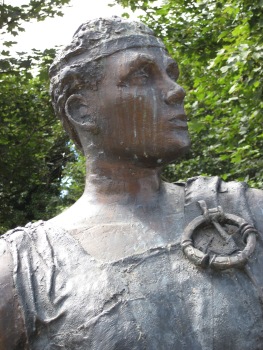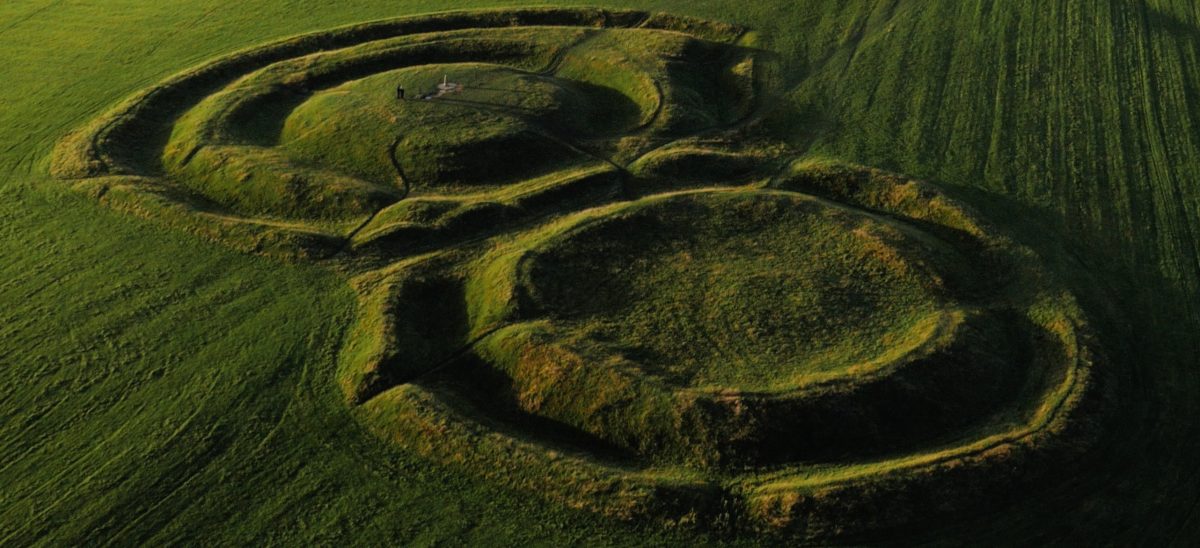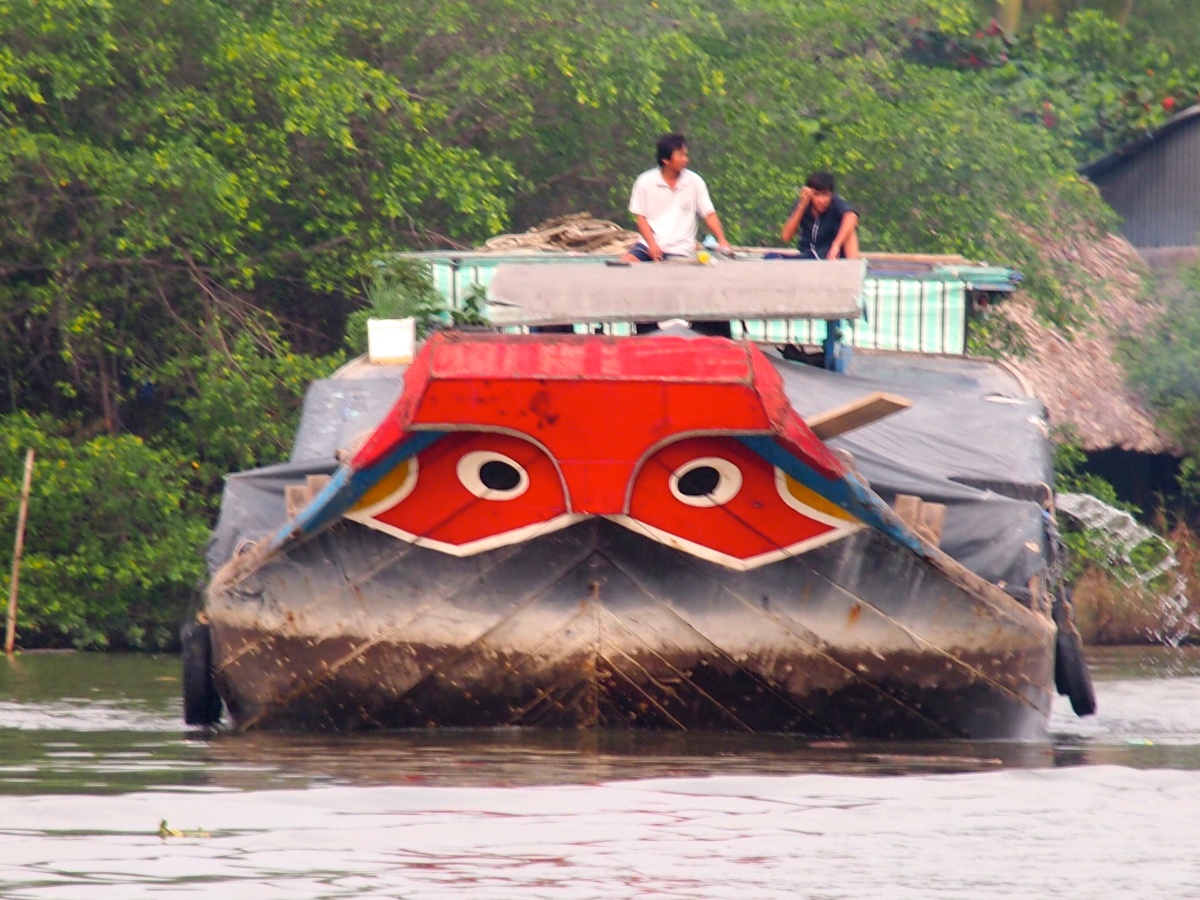Kuwait was the first time I had ever been fingerprinted. I knew then that one phase of my life had come to an end and that I was being forced into a new one – one I wasn’t quite sure that I wanted to embark upon at that time.
The thing that disturbed me most was the inevitability of the whole proceedings. I had just arrived in Kuwait to work as an Instructor at a oil refinery at Mena Abdullah and during my first morning, Sami, a brisk, bustling butterball of a little man led me to the Police headquarters for “formalities”.
Once inside the building I was led down an untidy corridor to a bare, cell like room where systematic fingerprint identification was made. Foolishly, I felt as if I should have been given a choice or my permission asked. Instead, a bored and disinterested police sergeant wearing a too tight tunic, buttons gaping to reveal dirty white underwear, grasped my arm by the wrist, inked my fingers thoroughly on a pad by pressing my hand down on it and then rolling my hand back and forth to gain maximum coverage, before pressing my finger tips down firmly on a pre-printed form.
To add offence to the whole issue was the perfunctionariness of the whole procedure and the absence of anything with which to wipe the offending black stain from my finger tips. Previous printees has both solved the problem, and shown their contempt, by wiping their hands on the bare, whitewashed, limestone walls of the room. I did the same, and finished off the job as best I could with some waste paper lifted gingerly from the rubbish bin.
Kuwait was definitely alien and shrouded in mystery for me. Everything was, from the ankle length robes and chequered headgear the men wore, to the voluminous black swaddling cloths the women were wrapped in, to the fierce dry heat, to the absence of greenery and to the ban on alcohol.
I was picked up from the airport at night by another Irish man called Tony and his close friend, a tall, well built Kuwaiti wearing an ankle length grey robe called a distacha. The ride from the airport through Kuwait city and then on beyond into the darkness on the Salmiah road to the village of Fahaheel was conducted in silence and coolness. Tony and Hamad dropped me off at an isolated, squat, three story block of flats and casually announced that mine was number 7 before they roared off into the night. Dusty roads snarled through unfinished building sites and heaps of rubble, lined with burnt out wrecks of cars marked a few rutted paths. From where I stood, on what looked like a disused building site, I could see across down a treeless street into town.
The next day I started work. Not knowing much about anything, I was lucky to have an understanding and sympathetic director and eager, mustached young engineers and mechanics, keen on improving their skills in order to gain a place at the Oklahoma Institute of Petroleum Studies in the States.
Leaving Fahaheel, a fifteen minute stroll past the new shopping centre, filled with narrow shops selling brand name watches, Japanese stereos and women’s designer clothes, totally at odds with the billowing black veils all Kuwaiti women wore, brought me to the new two storey fish market proudly perched in one corner of the curving bay.
Fish were haggled for noisily on the ground floor as Pakistani labourers dragged crates directly off the dhows straight into the tiled whiteness of the market. Men with large moustaches sat clustered together at small rickety tables on the balcony of the cafe overlooking the water, playing noisy games of dominoes. A mixed assortment of vegetables was scattered haphazardly on bits of cardboard and sacking, watched over by amorphous black clad shapes. Slovenly youths, wearing dirty ankle length distachas, slouched around, clearing soft drink cans, empty cigarette packets, the remains of meals and coffee residue from the tables by throwing them over the parapet directly into the waters of the Gulf below. Paul, my boss, had arranged to meet me there that evening and was smoking a tall brass water pipe and sipping a tiny cup of strong dark coffee flavoured with cardamom when I arrived.
Almost immediately, the reason for my invitation became apparent when he suggested going back to his mate, Sam’s apartment, to talk business.
“Steve, can you give a hand to carry these downstairs to the ute”
“These” were 5 gallon plastic bins with their lid taped on to some. Paul lifted one lid to examine the scum on the surface and a sour, rotten stench filled the small kitchen.
“This is sour mash,” Paul explained, “we’re taking it to someone else’s house for them to distil it into Flash.”
Over a homemade beer carefully poured first into a plastic jug, Paul explained that Flash was the raw alcohol from which anything else could be produced. “You want whisky?” Sam clarified, “Then you chuck in a handful of oak chips and the alcohol will absorb the colour and the flavour of the oak. If you want Cointreau, chuck an orange in and leave it for 6 months”
“You’ve got to be careful, though, with Flash, see.” Paul went on. “It has to be distilled properly. If it isn’t … Boom, you’re dead, in more ways than one. Never buy it from any of the Pakis down in the big camps. The way they do it, see, is to just stuff the sour mash in the freezer, pour off the liquid that doesn’t freeze and then repeat the process several times. They end up drinking raw wood alcohol and it’s no wonder they’re all as mad as they are. I remember last year, back in Saudi, some of the Paki’s died after drinking Snake eyes there.”
“Anyway” Sam interrupted, “we’re taking this over to this Yank in Ahmadi town. He works in the Lab at the refinery and after this stuff is run through the still, he’ll test it in the lab for purity. So, are you on to give us a hand? Donkey like, I dragged and lugged heavy plastic bins down three flights of barren, roughly finished concrete steps to Sam’s ute. I wasn’t able to lift the bins up onto the back of the ute but Sam and Paul did this effortlessly, as if with long practice.
“You jump up there, Steve and keep an eye on the lids,” Paul said and obediently I hopped onto the back of the JMC ute. Paul got into the passenger seat inside while Sam drove. The sudden jolt of starting off and the bouncing journey across a wilderness of rubble and junk before we hit a tarred road running in a straight line into the starry blackness of the night sloshed a considerable amount of sour mash over my clothes. The only way I could keep lids on so many bins was to lie on top of them and spread-eagle myself but that didn’t stop the contents from sloshing up and soaking my thin clothes.
“Ok up there,” Pail called through the open window and at that moment the night was split with the sound of police sirens. Sam immediately swerved off the tarred road and lurched through a wilderness of broken rocks and scrubby bushes cutting the engine and switching off the headlights. Seconds later a convoy of police cars screamed into view and just as rapidly disappeared into the other direction.
Sam waited a few moments longer before starting up and leisurely following the direction the convoy had taken. I guessed we must have been coming into big money because the environment changed so suddenly. Instead of Fahaheel’s look and aspect of an abandoned building site of epic proportions, Ahmadi was American style, low slung ranch / bungalows on manicured squares of green grass. Sprinklers hissed in the background and low slung sports cars were parked everywhere. Sam turned left off the main strip and pulled into the attached garage of one of the ranches.
Before I knew what to do, Paul had pulled down roller shutters, closing off the garage and we were manhandling the bins into a sleek chrome and tile kitchen. I expected to see a Frankenstein style laboratory with a copper spiral and flashing lights but after a proffered cup of coffee which we all declined it was back in the ute and home to Fahaheel.
Over another homemade beer, Sam sold me all the equipment I could possible need to start home brewing myself and a few weeks later, just as I was enjoying my first 5 gallons of brew I was presented with a large laboratory gallon flask of clear liquid.
“Here, you go, but be careful now. This has already been cut once with water so it’s about 50% proof. You might want to cut it again and then cut it with tonic or coke or whatever you want to drink with it. Welcome to the world of Flash”


